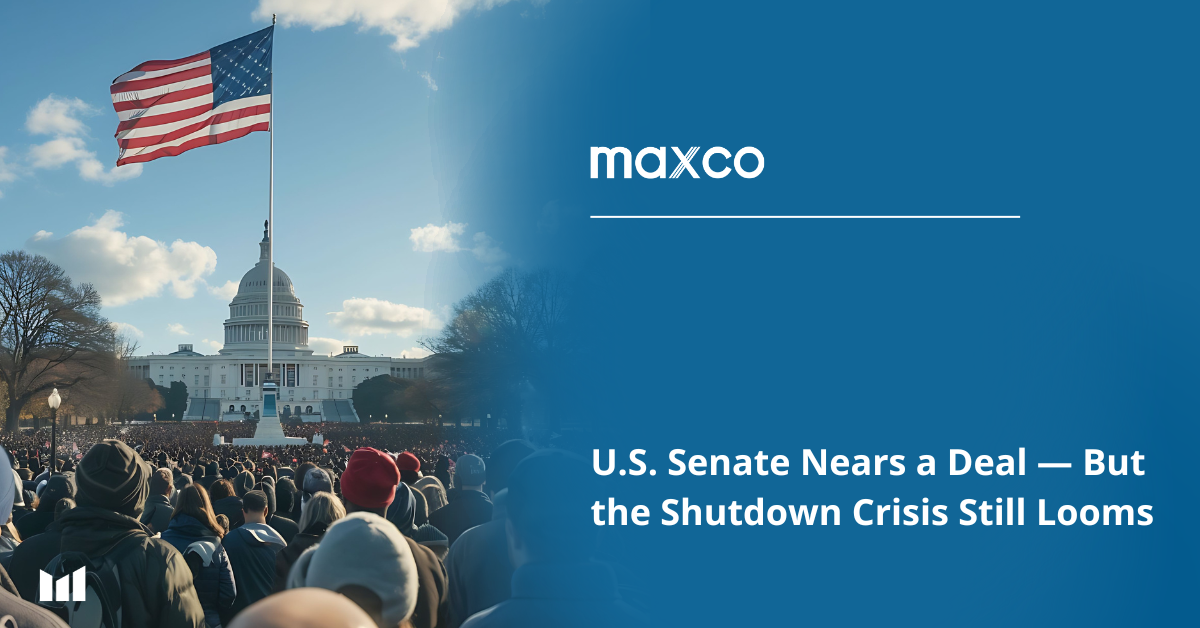After 40 days of the federal government shutdown, a group of moderate Democratic senators has found common ground with Republicans. They have proposed reopening the government on the condition that the GOP agrees to hold a vote on the soon-to-expire health subsidies under the Affordable Care Act (ACA).
Outline of the Agreement
- The proposal, introduced by Senators Jeanne Shaheen, Maggie Hassan, and Angus King, includes three full-year spending bills and a temporary extension for all other federal expenditures through the end of January 2026.
- Key condition: The bill would require a vote on ACA subsidies by mid-December.
- Other provisions include:
- Reinstatement of federal employees dismissed during the Trump era,
- Full funding of the food assistance program (SNAP) through the 2026 fiscal year.
- However, there is no guarantee that Republicans will approve the changes, nor that the House and White House will fully support the package.
Remaining Challenges
- Some progressive Democrats reject a compromise based solely on a promise to vote without assurance that the ACA subsidies will continue.
- Legislative hurdles remain — a single senator could delay passage significantly.
- Republican leadership in the Senate has also shown skepticism toward retaining ACA subsidies in their current form.
Real and Widespread Impacts of the Shutdown
The crisis goes beyond political gamesmanship — real data shows its ripple effects on transportation, social welfare, and public finance.
Air Transportation
- On Sunday, November 9, 2025, over 2,700 flights were canceled across the U.S. due to unpaid air traffic controllers.
- More than 10,000 flight delays were also recorded on the same day.
- The Federal Aviation Administration (FAA) instructed airlines to cut capacity at 40 major airports — from a 4% daily flight reduction moving toward 10% by November 14.
- Transportation Secretary Sean Duffy warned that if the shutdown continues into the Thanksgiving travel season, air traffic could drop to “only a fraction of normal.”
Social Assistance & Food Programs
- The Supplemental Nutrition Assistance Program (SNAP) — serving around 42 million Americans — faces a funding halt due to the freeze in federal allocations.
- For instance, New York State declared a state of emergency, allocating US$65 million to food banks to fill the gap, as its US$650 million monthly SNAP funding is suspended.
- Other states have received directives from the USDA to reverse full SNAP payments made under court orders — sparking fears of “catastrophic operational disruption.”
Economic & Fiscal Implications
- Disruptions in transportation and welfare programs are expected to slow economic activity, impacting airlines, airports, food services, retail, and unpaid federal workers — leading to weaker consumption.
- Fiscal uncertainty may raise U.S. bond yields as investors demand higher risk premiums, potentially pressuring the U.S. dollar index.
- Reduced air travel and public services could trigger a domino effect across logistics, hotels, retail, and global supply chains.
Market Impact & Investor Outlook
While the spotlight remains on domestic politics, the shutdown’s consequences are increasingly global in scale.
- With risks to air travel and logistics, sectors such as airlines, tourism, and hospitality may experience downward pressure due to lower holiday traffic and reduced spending.
- Rising fiscal risk could push U.S. Treasury yields higher, potentially strengthening or destabilizing the U.S. dollar, depending on market sentiment.
- Domestic consumption may slow as federal employees and aid recipients postpone purchases — possibly dragging Q4 economic growth.
Gold Hunt
Investors appear to be returning to gold as a safe haven.
Gold in the Asian session rose from $4,006 to $4,055 per troy ounce.
The analyst still sees upside potential if uncertainty continues.
However, a political breakthrough between the two parties could lead to a short-term gold correction as confidence returns to the market.
Ade Yunus, ST WPA
Global Market Strategies


